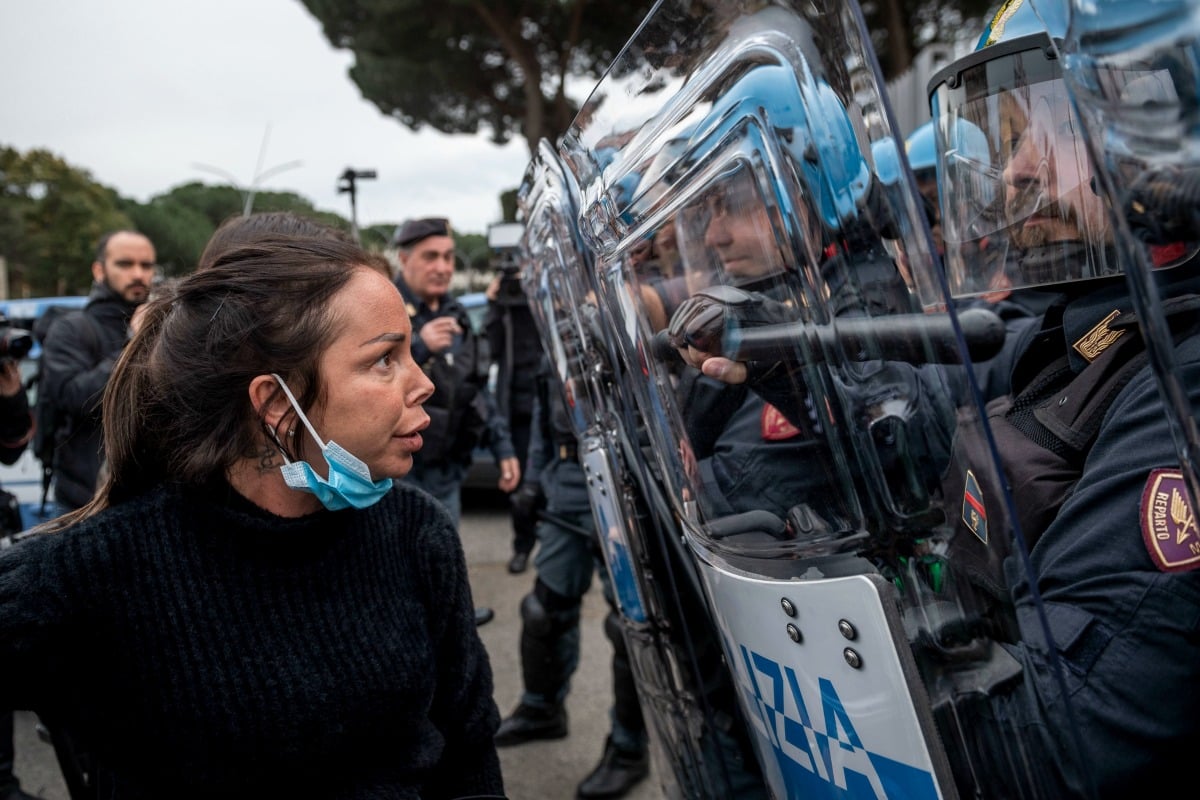
This article was originally published on February 28 and has been regularly updated as new information comes to hand.
Feature image: Woman protests outside Italian prison/Getty.
The entire country of Italy has been placed into coronavirus lockdown after the death toll jumped by 97 in one day.
“Restrictions will include banning all public gatherings and preventing all movement other than for work and emergencies,” Italian Prime Minister Guiseppe Conte said, describing the situation as a “national emergency”.
“The restrictions will take effect on Tuesday and like those in northern Italy will last until April 3,” he said.
The new orders increase the 16 million people under quarantine in the north of Italy to 60 million people.
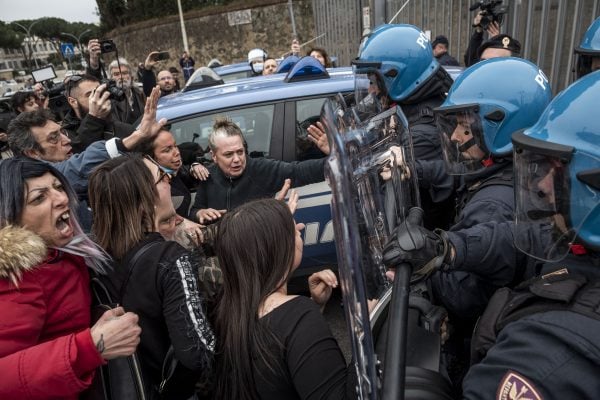

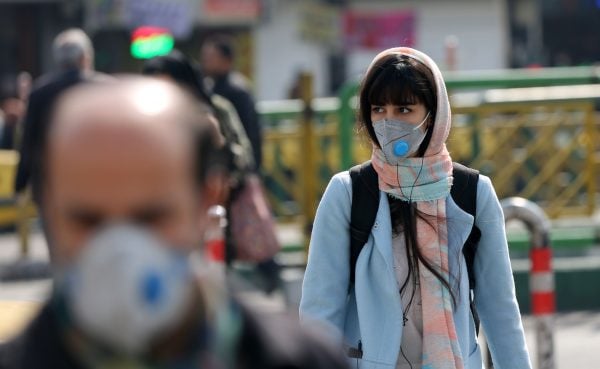
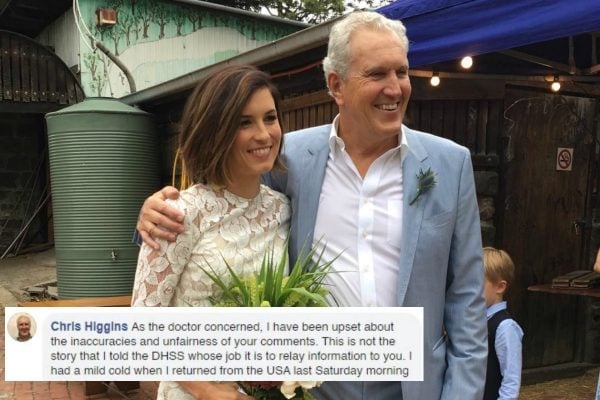
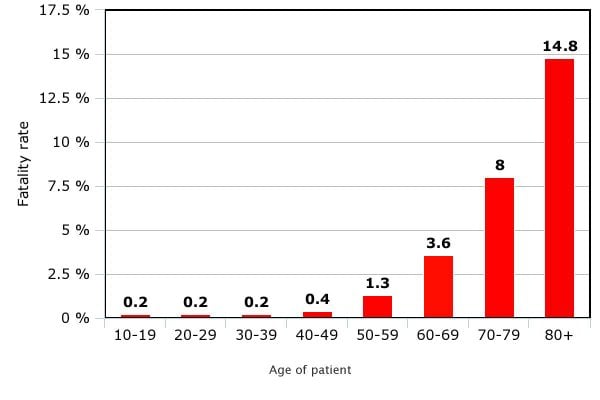
Top Comments
When the experts say mild.. Do they mean the regular flu mild? I actually don't consider this mild.. I had the flu once and it took me our for a good week and it took a couple of weeks after that to stop feeling tired and normal.
The quoted mortality rate is probably higher than actual. Given that we know that 80% of infected experience only mild symptoms, we can probably assume that many of them go undiagnosed. Mostly, only those with more severe symptoms will present to hospitals. So, while deaths will be recorded reasonably accurately, those infected will likely be underreported. This means that the mortality rate is probably lower than quoted.